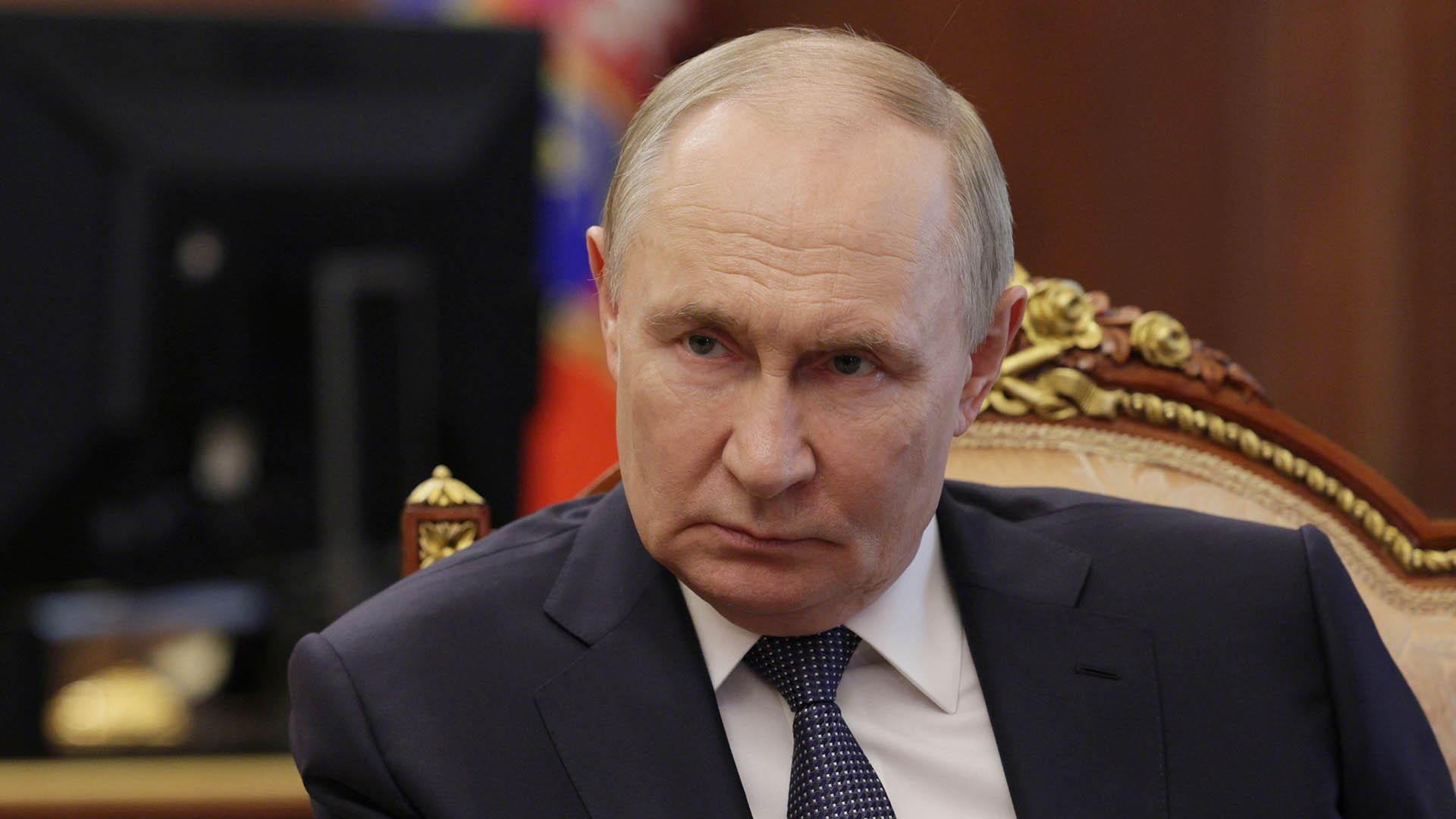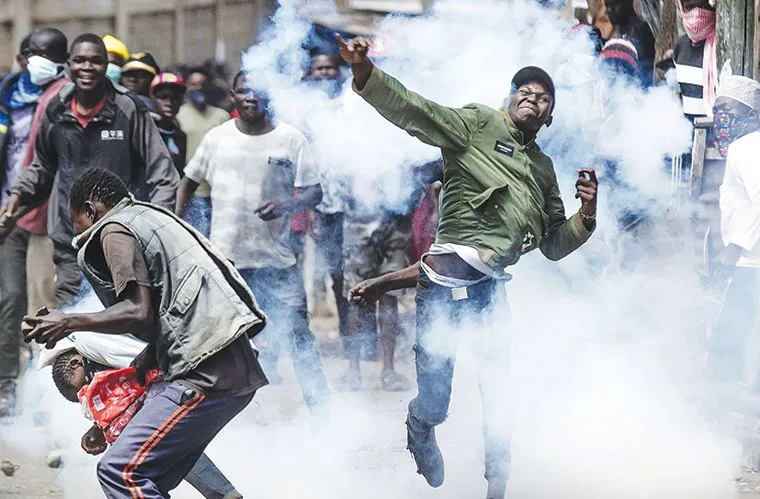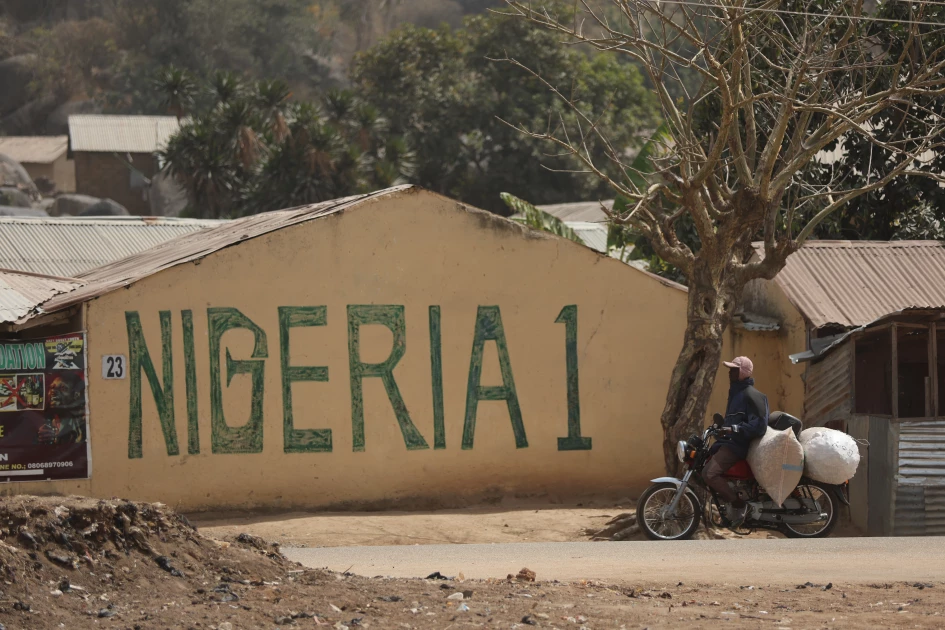A St. Petersburg strip bar. A borrowed pied-a-terre for sexual tristes. A marriage stretched to its breaking point. Mob pals. And a plan to take control of Russia for the benefit of family and trusted friends.
Some of the most sensitive areas of Vladimir Putin’s private life — and how they are intertwined with Russia’s political history — are reported in a new book by two of Russia’s best investigative journalists, Roman Badanin and Mikhail Rubin. International Consortium of Investigative Journalists (ICIJ) reports
The book, called “The Tsar In Propria Persona” (Latin for “The Tsar Himself”), contrasts the official image of the Russian president, now in his 26th year in power, as a leading defender of traditional values against Western decadence with the reality of his private life — where extramarital affairs, nepotism, and connections to organized crime reign.
“It is Putin’s behavior away from the cameras that speaks much more about his real worldview than speeches,” Badanin said in an interview with the International Consortium of Investigative Journalists. “Putin’s private life, to put it simply, is many times more important than his public life.”
“The Tsar In Propria Persona” is the culmination of Badanin and Rubin’s reporting at investigative media outlet Proekt, an ICIJ media partner that, since its launch in 2018, has repeatedly exposed the commercial and personal relationships that underpin the Putin regime.
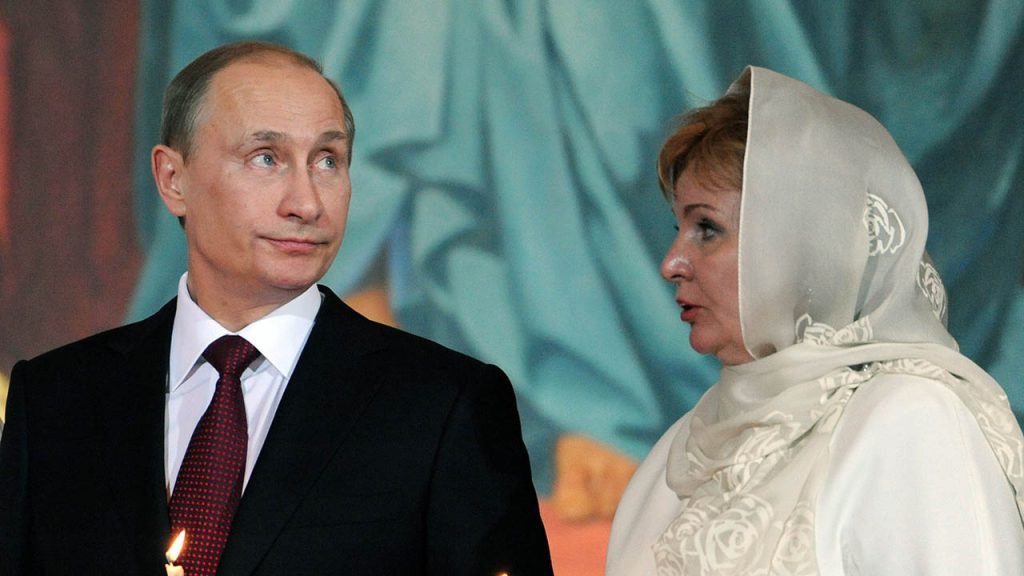
Crucially, and at great personal risk, Badanin and Rubin manage to penetrate Putin’s inner circle of friends and family in their forensic account of the former KGB agent’s rise to power, violating a decades-long Kremlin-imposed taboo on any mention of the Russian leader’s private life.
In doing so, “The Tsar In Propria Persona” — so far only available only in Russian — fills the void around Putin left by official biographies and silenced sources, and can claim its place alongside such key works as Catherine Belton’s Putin’s People and Karen Dawisha’s Putin’s Kleptocracy. To do so, the book draws on (often anonymous) human sources, documents, news clips and memoirs to piece together one of the most in-depth portraits of Putin and his circle so far.
Thanks to the Kremlin’s creeping control of Russian courts and independent media, Badanin told ICIJ, “most people in Russia know and remember very little of what happened under Putin, say 15 or 20 years ago.”
“Media have been destroyed, archives are closed and inaccessible, many witnesses are already dead, the rest do not remember the details,” he said. “This is important context whenever we talk about dictatorial countries. The bad guys are erasing our memory of them […] Oblivion is Putin’s main ally.
‘Apetite for risk’
In 1970s Leningrad, Putin, then in his 20s, was an awkward young man who found a guiding voice in his judo coach, Leonid Usvyatsov, a career criminal who witnesses found by Proekt recall had a penchant for violence. It was from Usvyatsov, Badanin and Rubin write, that Putin likely found his “appetite for risk and belief in [in the use of] force.”
As they report, Usvyatsov may have even used his connections to help Putin get into the highly competitive Leningrad University’s Law Faculty — a reach for a student who had finished school with a focus on natural sciences.
Putin fell under Usvyatsov’s influence between the latter’s two prison sentences before he was finally killed in a gangland shooting in 1994. Usvyatsov’s headstone reads: “At last I have died, but the mafia lives forever.”
Aside from sketching his relationship with gangland figures, “The Tsar In Propria Persona” shines a light on the previously off-limits relationships and spaces that shaped Putin.
Badanin and Rubin take readers inside Putin’s favoured strip club in St. Petersburg, Luna, where, as deputy to St. Petersburg mayor Anatoly Sobchak, he held regular meetings and attended strip shows. The club was then under the protection of Putin’s personal bodyguard at the time, organized crime figure Roman Tsepov, Proekt reports. A photo of the club shows a signed Putin photograph, dated December 1999, hanging on the wall.
By the time Putin had become a Luna regular in the mid-1990s, Proekt writes, his marriage to Lyudmila Putina, whom he married in 1983, had already begun to break down.
A key piece of evidence comes from a memoir by a German friend of Lyudmila, Irena Pietsch, who says that, by 1998, Lyudmila was experiencing “unimaginable pain” from “constant humiliation” and “treachery” in her marriage. Indeed, Pietsch’s memoir paints a new picture of Putin in the 1990s: a man focused on lavish interiors, comfortable living, expensive whisky and discussing the prospect of “additional income” after joining the Russian presidential administration.
One potential source of the marriage’s breakdown, Badanin and Rubin report, could have been Putin’s affairs conducted, one of their sources alleges, in a state-owned apartment.
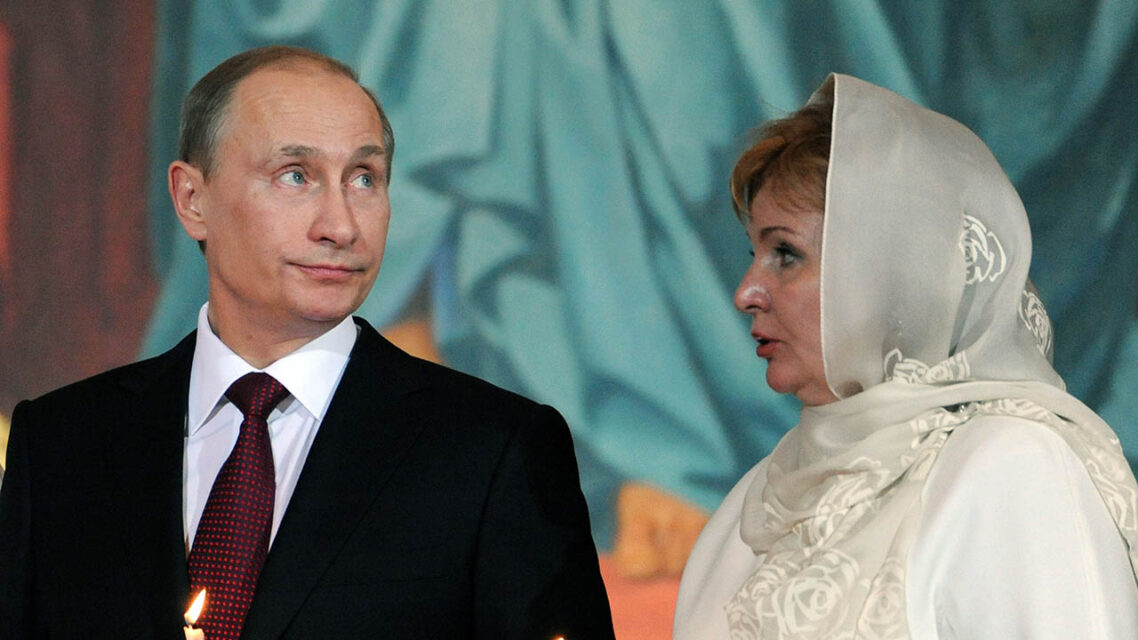
The affairs did not, however, prevent Putin from overseeing a honeytrap operation against the Yeltsin family’s number one enemy at the time: Russian General Prosecutor Yuri Skuratov.
In a case hard to imagine today, Skuratov at the time was investigating corruption allegations involving Yeltsin family members and top officials in his administration.
As Badanin and Rubin write, Putin’s role in destroying the career of Skuratov — whose tryst with prostitutes was captured on surveillance video and shown on televisions across Russia in March 1999 — was effectively a show of loyalty to the Yeltsin family, sealing Putin’s bid to be the ailing president’s successor.
A few hours after Skuratov’s honeytrap video was shown on national TV, Putin, then director of the FSB security agency, was put in charge of a commission on the Skuratov affair, and the prosecutor — who had also started a corruption investigation known popularly as the “Putin Case” — was fired from his position, despite suspicions over the video.
‘This book cost us our homeland’
In addition to revealing the forces and relationships that shaped Putin to this day, “The Tsar In Propria Persona” reveals how the Russian Orthodox Church became a powerful political instrument, how the Kremlin organized creeping control over Russian media and how family and friends came to benefit from Putin’s rise to power.
The book can be seen as a companion to Dawisha’s 2014 exploration of how Putin turned once-powerful and quasi-independent oligarchs into his subordinates — his outer circle, in a sense — and Belton’s 2020 work, which tracks how former KGB officers, often with the help of organized crime, took control of post-communist Russia.
The Russian government persecuted us for digging into Putin, his friends and their bad deeds.— Author and journalist Roman Badanin
“The Tsar In Propria Persona” draws on decades of reporting by Badanin and Rubin, who have faced the double pressures of oligarchs interfering in media outlets’ work and the Kremlin’s crackdowns on the press. In 2021, Moscow police raided the two journalists’ homes as part of a criminal libel investigation into their reporting on Ilya Traber, an alleged organized crime figure and Putin acquaintance. Both Badanin and Rubin now reside in the U.S., where they run Proekt, an investigative media outlet that digs into the commercial interests and mores of the Russian elite.
“In a broad sense, this book cost us our homeland,” Badanin told ICIJ. “The Russian government persecuted us for digging into Putin, his friends and their bad deeds.”
